Parenting Q&A
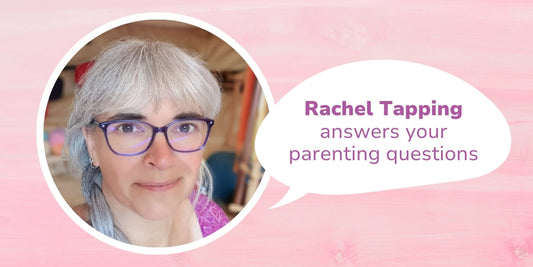
Q: I have two children under 5, and I just have...
A: If you’re a parent with a job to get to, or your children have to be in preschool or school by a certain time, this question will probably resonate with you. And whether you’re a disorganised person like me, or an organised person who, on your own, is usually on time or early for everything, your children are unlikely to be working to your agenda. You can learn to manage your mornings with less stress and more cooperation. Just because this is a common problem for parents doesn’t mean we have to normalise and accept it. Here are some things you can try. Make lists Think about the day ahead the evening before. If lists are your thing, or if you’re ready to try them out, think of all the tasks you’ll want to get done in the morning. Once you’ve done that, check again to make sure you’ve...
Q: I have two children under 5, and I just have to get out of the house on time! How do I manage ...
A: If you’re a parent with a job to get to, or your children have to be in preschool or school by a certain time, this question will probably resonate...
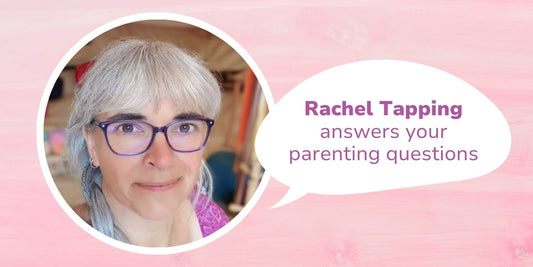
Q: My baby used to enjoy nappy changes, but sin...
A: This is something I hear a lot. Nappy changes that were once peaceful or joyful experiences for both parent and child bccome events we dread. And that’s a shame! Especially if you consider how many nappy changes happen in just one day, let alone over the couple of years at least that they are needed. Once you feel stressed, you give off an energy that your baby feels when you pick them up. Your hands tell a story. So does your facial expression. You tell them something is wrong, and their stress levels increase to match yours. The secret is to find a way to look forward to these moments. And you can use your baby’s new-found mobility to your advantage. Here are some suggestions. Put yourself in their shoes Imagine you’re a baby who’s spent the first few months exploring what you can see, hear, feel, smell and...
Q: My baby used to enjoy nappy changes, but since she’s started rolling on to her tummy, it’s bec...
A: This is something I hear a lot. Nappy changes that were once peaceful or joyful experiences for both parent and child bccome events we dread. And that’s a shame!...
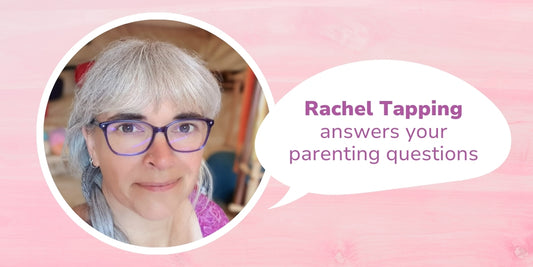
Q: Why does it take so long for my toddler to l...
A: Life is full of rules and expectations and young children are constantly having to learn those from us. And it takes a long time! But understanding and appreciating how children learn and their capacity for learning can help build a strong, trusting partnership with your child. It’s not easy to be with toddlers. On a recent Pikler training in Budapest, we had a lecture on ‘expressing and communicating rules and habits’ from Anna Tardos, child psychologist, and former president of the Hungarian Pikler-Lóczy Association. In her nineties, she’s still teaching, and it’s always a privilege to hear her speak. She pointed out something really important about how many rules we must learn as we transition out of infancy. Pikler became known for her infants’ home in Budapest, where she, her nurses and medical professionals cared for babies and toddlers whose parents had either died or were not in a...
Q: Why does it take so long for my toddler to learn what’s OK and what isn’t? Sarah
A: Life is full of rules and expectations and young children are constantly having to learn those from us. And it takes a long time! But understanding and appreciating how...
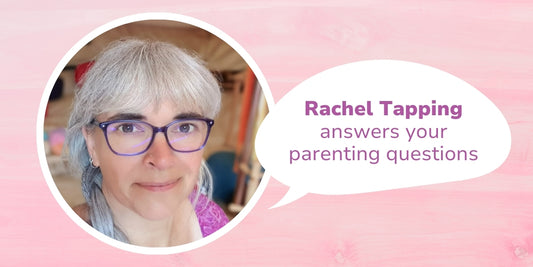
Q. It’s embarrassing when my toddler takes play...
A: Taking playthings from another child is completely normal behaviour. So why does it make us feel this way? Is it because we’ve been taught the importance of sharing, being kind and putting others first? And why is our instinctive response so deeply one of embarrassment, or rather, shame? Embarrassment is rooted in shame. It’s a rare thing to find an adult who hasn’t experienced something that made them feel ashamed. Well-meaning adults in our childhood probably contributed to this, talking about us to others – maybe telling a ‘funny’ story or detailing our toileting habits, for example – not realising how that would make us feel. These conversations have become a socially accepted way of sharing our experience of parenting, used perhaps as a means of connection. And these days, you only have to scroll for a short while on social media to see examples of parents laughing at...
Q. It’s embarrassing when my toddler takes playthings from other children. What can I do in these...
A: Taking playthings from another child is completely normal behaviour. So why does it make us feel this way? Is it because we’ve been taught the importance of sharing, being...
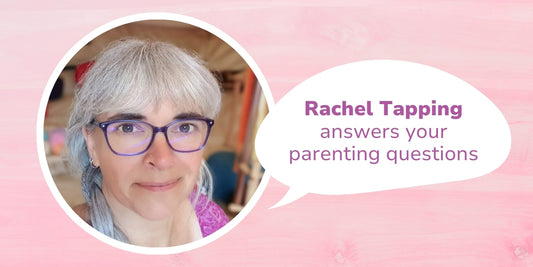
Q: How can I communicate my wishes about caring...
A: If there was only one way to be a parent, it would be easy. You could hand over responsibility to chosen caregivers with a few simple instructions and get on with your day. If you’re fortunate, those who spend significant time with your children will have a similar approach to you or will have taken the time to ask you how you want them to care for your child. If this is the case, it’s likely that there won’t be too many occasions when you’ll feel challenged. But what do you do when another caregiver’s approach clashes with yours and leaves you feeling desperate, angry and disrespected? So, you’re doing your thing – feeling your way and learning every day from this new human being. You find out what works – and what doesn’t – and gradually your own unique parenting style evolves. It’s intense, exhausting, exhilarating and life-changing,...
Q: How can I communicate my wishes about caring for my child to significant others without confli...
A: If there was only one way to be a parent, it would be easy. You could hand over responsibility to chosen caregivers with a few simple instructions and get...
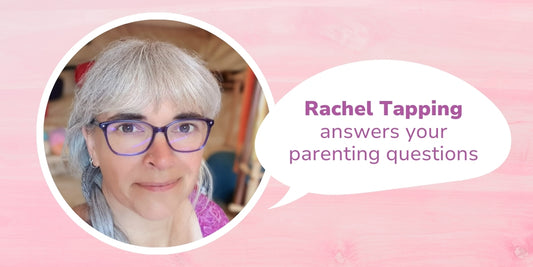
Q: I have recently had my second baby and my el...
A: I’ve been asked to help with sibling relationships many times. It’s an important topic, and one that elicits all sorts of emotions in families. We so look forward to gifting a sibling to our firstborn child – it feels like a good and natural next step in building a family – but just like parenthood itself, the new dynamic we’re creating is an unknown quantity, full of possibilities that can be both positive and negative. Perhaps the human instinct for reproduction – which allows women to mostly put away memories of the pain of childbirth in order to repeat the experience – also prevents us from remembering how difficult our own sibling relationships are or may have been in the early days. Do we gloss over thoughts of sibling rivalry, the jealousy and challenges, to make sure our species survives? Or maybe we just think our children will eventually...
Q: I have recently had my second baby and my eldest child is finding the disruption to their life...
A: I’ve been asked to help with sibling relationships many times. It’s an important topic, and one that elicits all sorts of emotions in families. We so look forward to...





